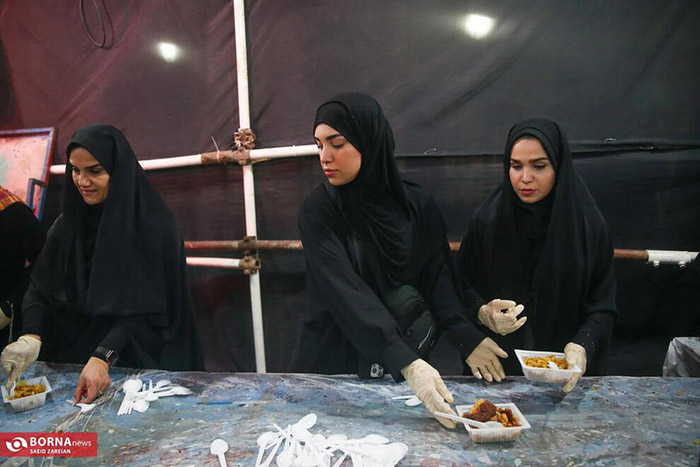Pilgrimage as a Test of Endurance
The Arbaeen pilgrimage is a physically demanding journey, often involving walks of hundreds of kilometers. For athletes accustomed to pushing their bodies to the limit, this journey represents a different kind of endurance test—one that is as much about mental and spiritual resilience as it is about physical strength. The long hours of walking, the heat of the desert, and the sheer scale of the event all combine to create a profound experience that challenges the pilgrims in unique ways.
For the “Mohiban Reza Athletes,” this pilgrimage is an extension of their training, a test of their ability to endure hardship for a higher purpose. But unlike the competitive nature of sports, the goal here is not to win or to defeat an opponent; it is to overcome personal limitations, to serve others, and to draw closer to the divine.
Reflection and Renewal
The spiritual significance of the pilgrimage is not lost on these athletes. Many of them have spoken about how the experience of walking alongside millions of fellow pilgrims, sharing in the collective memory of Imam Hussein’s sacrifice, has deepened their understanding of their faith and strengthened their resolve to live in accordance with its principles.
For some, the pilgrimage serves as a moment of introspection, a time to reflect on their own lives and careers, and to consider how they can use their public platforms to promote values like justice, compassion, and humility. In this sense, the Arbaeen pilgrimage becomes a source of renewal, inspiring these athletes to rededicate themselves to both their sport and their spiritual path.

